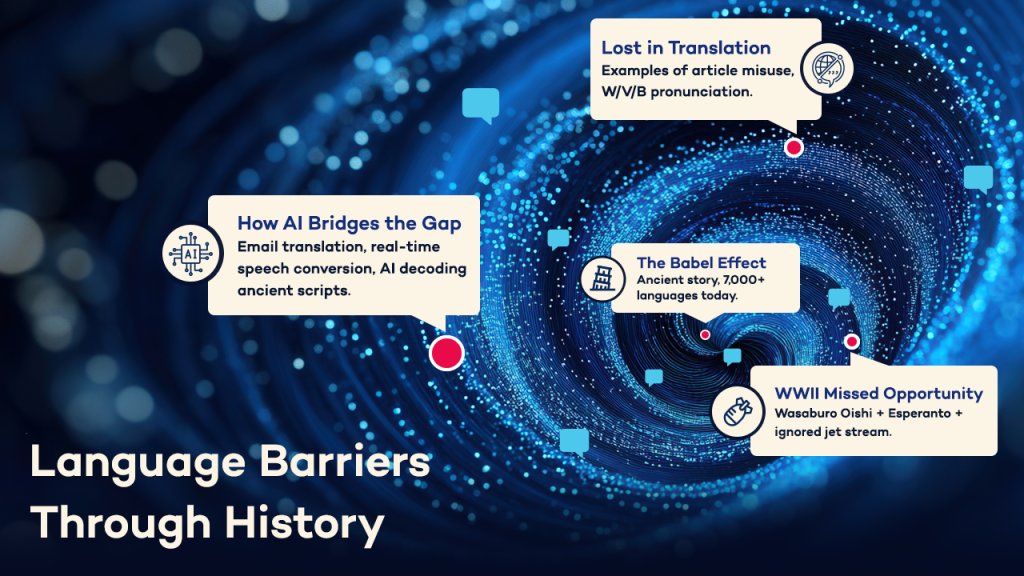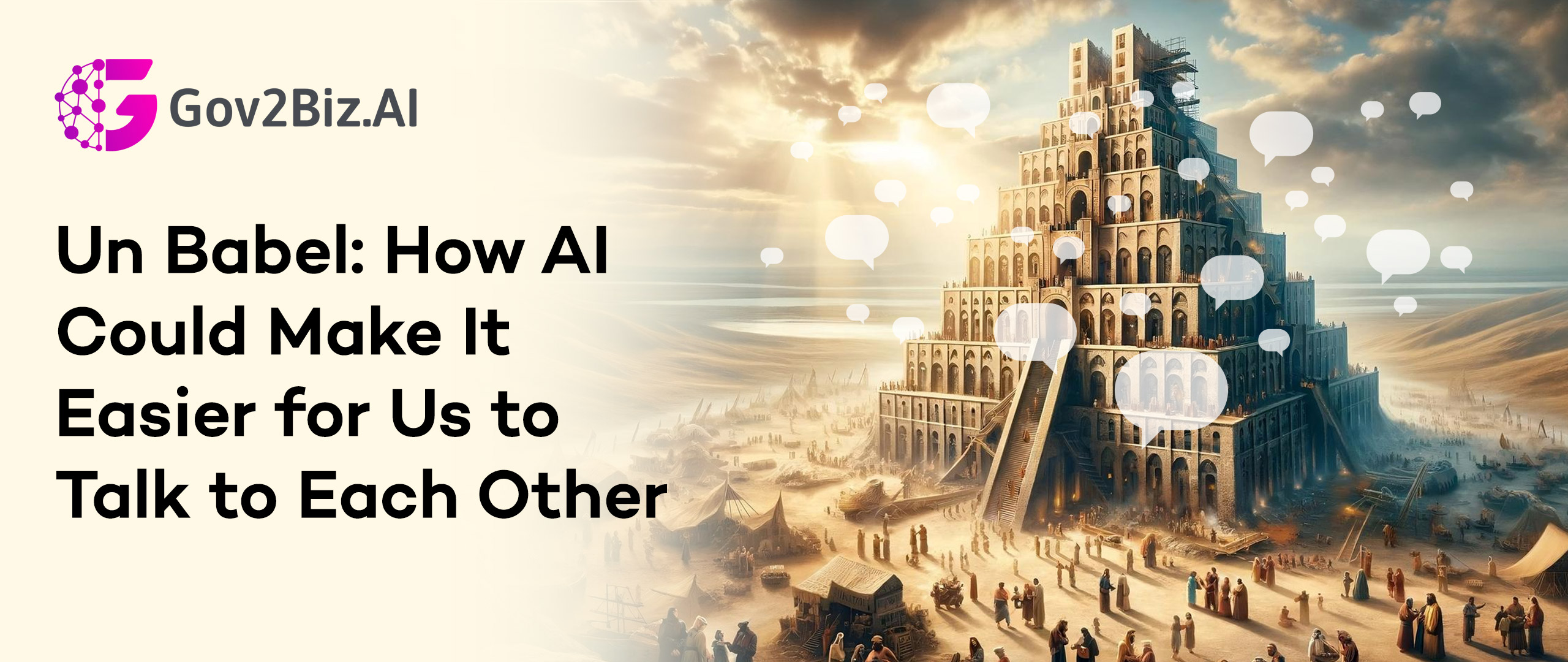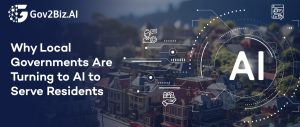Genesis 11:1-9 describes a time when all of humanity spoke a single language. Seeking to build a tower that reached the heavens, people united in their ambition. However, God saw their efforts as an act of defiance and responded by fragmenting their language, making communication impossible and scattering them across the earth.
Whether interpreted as a literal event or a symbolic tale, the story captures a fundamental truth—language can divide as much as it unites. With over 7,000 recognized languages in the world, this division is stark.
World War II
Wasaburo Oishi, a Japanese-American meteorologist, wrote about the existence of the jet stream—a fast-moving air current in the upper atmosphere. He published his findings in Esperanto, an international language, but few Western scientists and military leaders could read Esperanto, and his work was largely ignored.
This had direct military consequences. During bombing missions in World War II, U.S. B-29 Superfortress bombers initially struggled with the unexpected high-altitude winds, causing their bombs to drift off target. U.S. aircraft had to risk staying within the range of surface-to-air defense systems, make additional fuel stops, and prolong the war and suffering on all sides.
As a Man Thinketh
People think in their first language and then translate their thoughts into the language they are using. This is the root cause of many faux pas, misunderstandings, and soured relationships.

English is the most common language in the world, but most Asian languages do not use definite or indefinite articles (“the,” “a,” “an”). This makes it difficult for non-native English speakers to use them correctly.
“A shooter was arrested” vs “The shooter was arrested”
When we speak, our words don’t have those squiggly red lines that indicate an error. The English sounds for “W,” “V,” and “B” are distinct, but in many other languages, they are interchangeable or overlap.
“Give me your vote” vs “Give me your boat”
“My wallet was stolen” vs “My bullet was stolen”
The sad fact is that we judge intelligence, trustworthiness, and aptitude based on how clearly someone speaks or writes. A less eloquent speaker often loses out to someone whose command of the language is stronger but whose thoughts are less insightful.
AI Could Help
Artificial intelligence can bridge these gaps. Most large language models (LLMs) can already assist in writing and rewriting text, and they will continue to improve at capturing essence and writing naturally.
While most AI language models have been trained primarily in English, they are now learning to interpret and translate other languages with increasing accuracy.
Agents will translate the same email into different languages for per recipients’ preferred language without losing meaning, even for technical and jargon-laden content, in real-time. AI agents will also help people respond in a second language, rewriting their message in grammatically correct English, Spanish, or another language in real-time.
In speech, real-time AI-powered translation will allow people to have conversations across languages. Wearable AI devices could let a traveler in Thailand speak to a tuk-tuk driver in their own language and still be understood by the driver in Thai. Business negotiations, medical consultations, and academic discussions will take place seamlessly between people who do not share a common language.
AI might even help us decode the Vinca symbols, Rongorongo, the Indus script, and more; so we can learn more about ourselves.
A Future Without Language Barriers
AI has the potential to reshape human communication. It could eliminate some of the linguistic disadvantages that have long shaped global discourse, making it easier for ideas to be shared and understood. It may even help uncover knowledge that has remained hidden behind language barriers for generations.
For thousands of years, language has divided humanity. AI might not return us to a time when everyone spoke a single language, but it could bring us closer to a world where we can finally speak and be understood—without barriers.











Leave a Reply